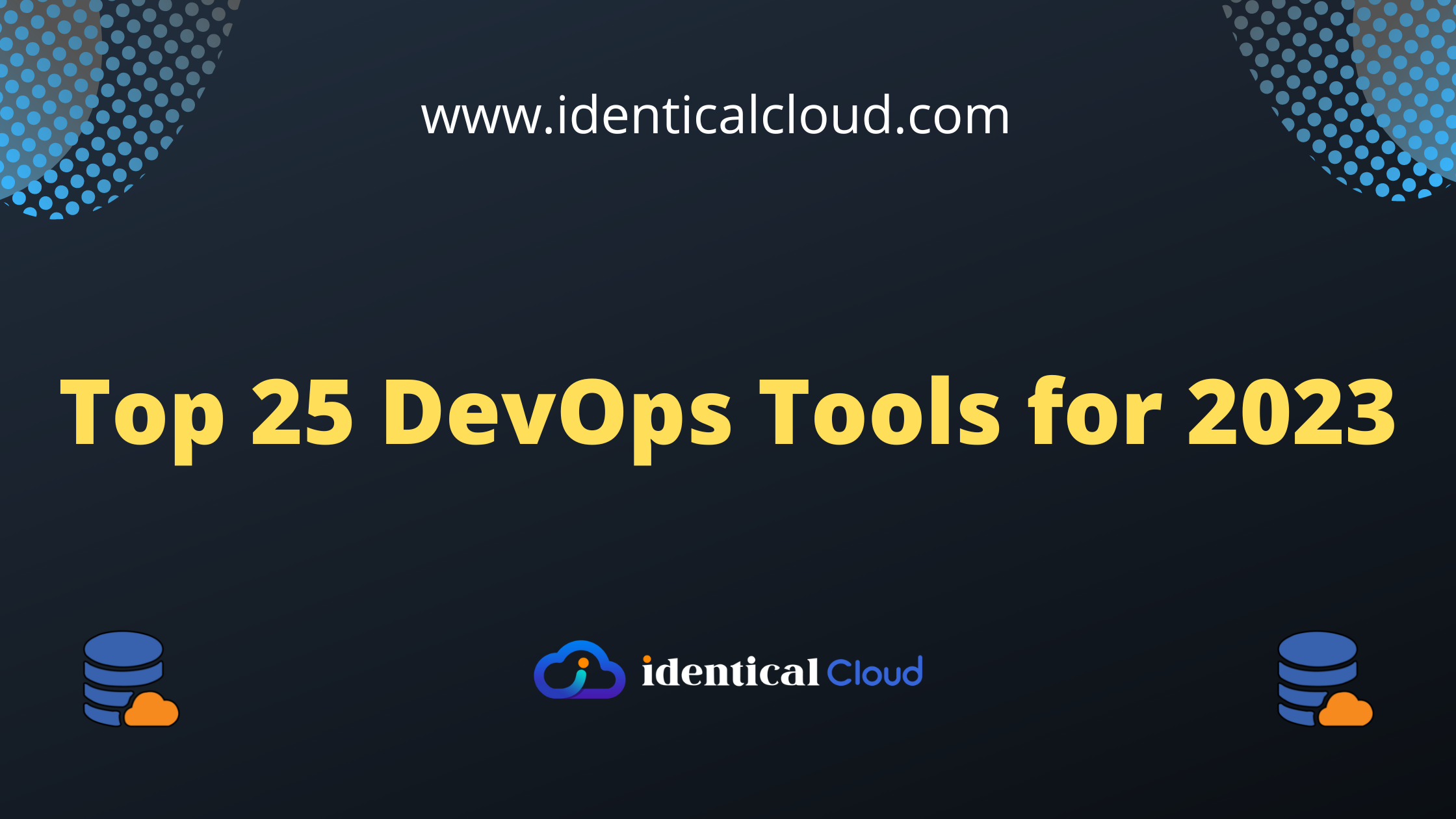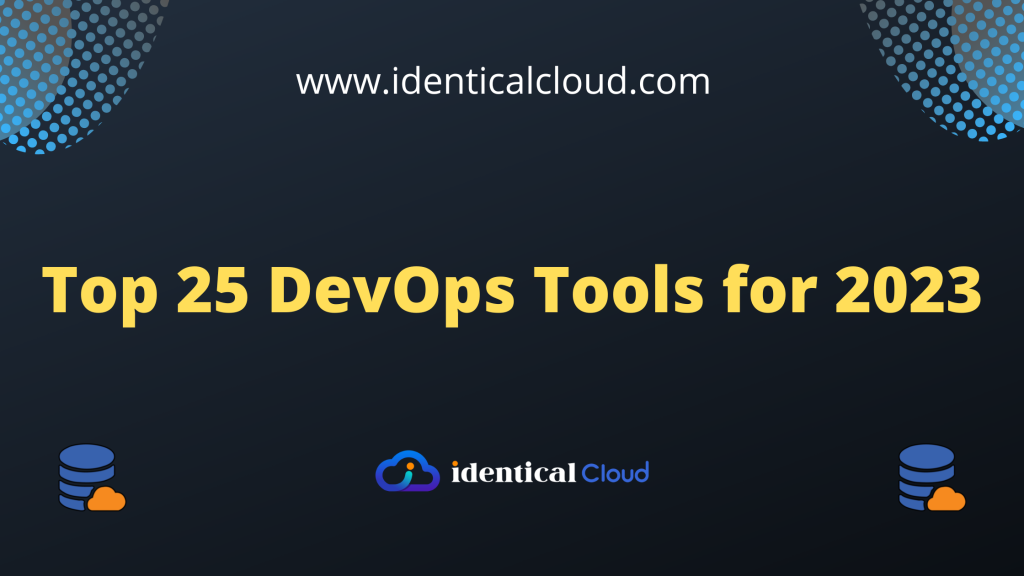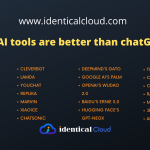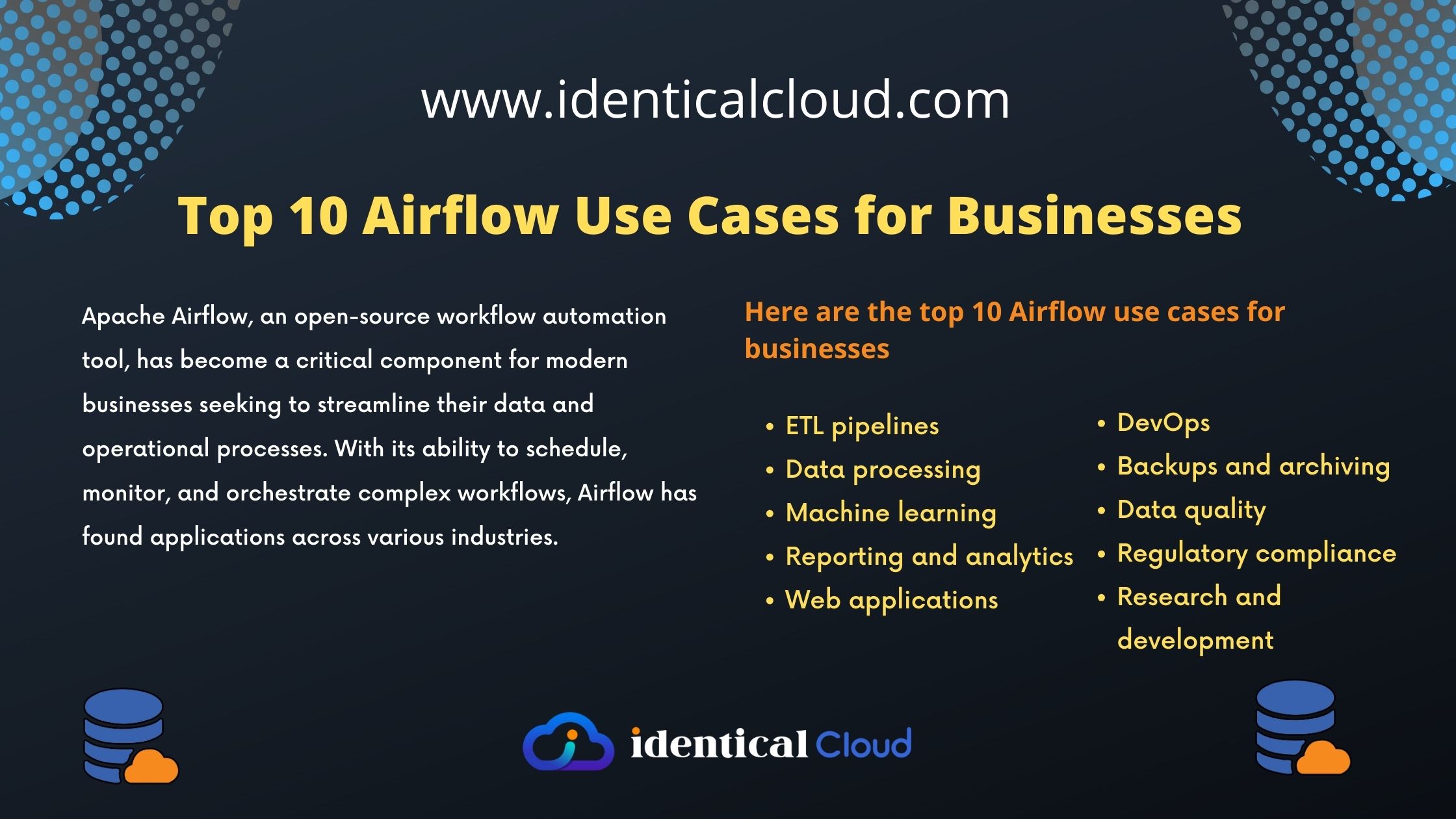
Top 25 DevOps Tools for 2023
DevOps is a methodology that combines the practices of development and operations to enable faster delivery of software products and services. In today’s fast-paced business environment, organizations are increasingly looking to implement DevOps practices to improve their ability to respond to changing market conditions and stay competitive. One of the key components of DevOps is the use of tools that automate and streamline various processes. In this blog post, we will take a look at the top 25 DevOps tools for 2023 that can help organizations implement DevOps practices and improve their ability to deliver software products and services quickly and efficiently.
Jenkins – Jenkins is a popular open-source automation server that can be used to automate various aspects of the software development process. It can be used to build, test, and deploy software, and it integrates with a wide range of other tools.
Ansible – Ansible is a popular open-source configuration management tool that can be used to automate various aspects of the software development process. It can be used to provision and manage infrastructure, and it integrates with a wide range of other tools.
Docker – Docker is a popular open-source containerization platform that can be used to package and deploy software. It allows developers to create and manage containers that can be easily deployed to any environment.
Kubernetes – Kubernetes is a popular open-source container orchestration platform that can be used to manage and scale containerized applications. It allows developers to create and manage clusters of containers that can be easily deployed to any environment.
Git – Git is a popular open-source version control system that can be used to manage the source code of software projects. It allows developers to collaborate on projects and track changes to the source code.
GitHub – GitHub is a popular web-based hosting platform for Git repositories that can be used to manage the source code of software projects. It allows developers to collaborate on projects and track changes to the source code.
Gradle – Gradle, an important DevOps consulting tool enhances overall software development. It is also one of the vital open source tools. It supports multi-language like Java, Kotlin, and built automation. Gradle automates different phases like on-demand app development, testing, and deployment.
Bitbucket – Bitbucket is a popular web-based hosting platform for Git and Mercurial repositories that can be used to manage the source code of software projects. It allows developers to collaborate on projects and track changes to the source code.
JIRA – JIRA is a popular issue tracking and project management tool that can be used to manage software development projects. It allows developers to track bugs, issues, and feature requests and plan and execute projects.
Trello – Trello is a popular web-based project management tool that can be used to manage software development projects. It allows developers to organize and prioritize tasks and track the progress of projects.
Slack – Slack is a popular web-based collaboration tool that can be used to communicate and collaborate on software development projects. It allows developers to communicate and share files in real-time.
Nagios – Nagios is a popular open-source monitoring tool that can be used to monitor the availability and performance of software systems. It allows developers to track the health and performance of systems and receive alerts when issues arise.
Prometheus – Prometheus is a popular open-source monitoring tool that can be used to monitor the availability and performance of software systems. It allows developers to track the health and performance of systems and receive alerts when issues arise.
ELK – ELK is a popular open-source logging tool that can be used to collect, store, and analyze log data. It allows developers to track the health and performance of systems and troubleshoot issues.
Apache Maven – It is a standard automation tool, which plays a vital role in the units of project management. Apache Maven helps to regulate the process of build and documentation. This typical tool is used in the development of Java-enabled projects. It supports a list of the programming language of Ruby, C#, and Scala.
Grafana – Grafana is a popular open-source visualization tool that can be used to visualize data and create interactive dashboards. It allows developers to create and share visualizations of data from various sources, including Prometheus, Graphite, InfluxDB, and Elasticsearch.
PagerDuty – PagerDuty is a popular incident management platform that can be used to automate incident response and resolution. It allows developers to set up alerts and notifications when issues arise and automatically assign incidents to the appropriate teams for resolution.
Datadog – Datadog is a popular cloud-based monitoring and analytics platform that can be used to monitor the availability and performance of software systems. It allows developers to track the health and performance of systems and receive alerts when issues arise.
New Relic – New Relic is a popular cloud-based monitoring and analytics platform that can be used to monitor the availability and performance of software systems. It allows developers to track the health and performance of systems and receive alerts when issues arise.
Chef – Chef is a popular open-source configuration management tool that can be used to automate the management of infrastructure. It allows developers to automate the provisioning, configuration, and management of infrastructure and integrate with a wide range of other tools.
Puppet – Puppet is a popular open-source configuration management tool that can be used to automate the management of infrastructure. It allows developers to automate the provisioning, configuration, and management of infrastructure and integrate with a wide range of other tools.
Vagrant – Vagrant is a popular open-source tool that can be used to create and manage virtual development environments. It allows developers to create, configure, and manage virtual machines that can be used for development, testing, and deployment.
Packer – Packer is a popular open-source tool that can be used to automate the creation of machine images. It allows developers to create machine images that can be used for development, testing, and deployment and can be integrated with other tools such as Vagrant and Ansible.
Terraform – Terraform is a popular open-source tool that can be used to automate the provisioning and management of infrastructure. It allows developers to create and manage infrastructure as code and integrate with a wide range of other tools.
AWS CodeDeploy – AWS CodeDeploy is a service provided by Amazon Web Services that can be used to automate the deployment of software to Amazon Elastic Compute Cloud (EC2) instances and on-premises servers. It allows developers to automate the deployment of software and integrate with other AWS services such as CodePipeline and CodeBuild.
Azure DevOps – Azure DevOps is a service provided by Microsoft that can be used to automate various aspects of the software development process. It allows developers to manage projects, track bugs, and collaborate on code and integrate with other Azure services such as Azure Container Service and Azure Kubernetes Service.
These are some of the top DevOps tools for 2023 that can help organizations implement DevOps practices and improve their ability to deliver software products and services quickly and efficiently. Each of these tools has a specific focus and can be used to automate and streamline different aspects of the software development process. It is important to note that the specific tools needed for a company may vary based on their requirements.









